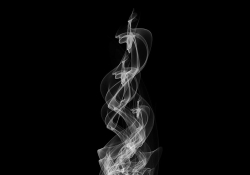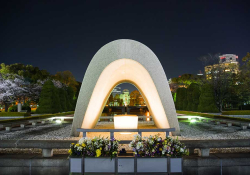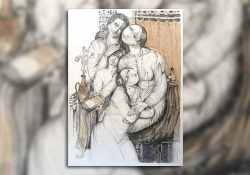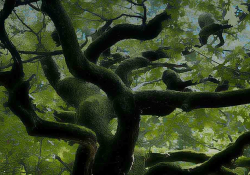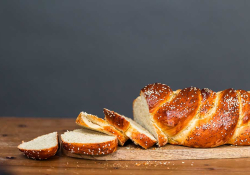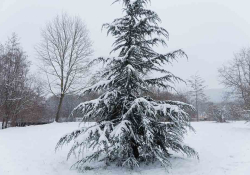Four Palestinian Poems from Jerusalem
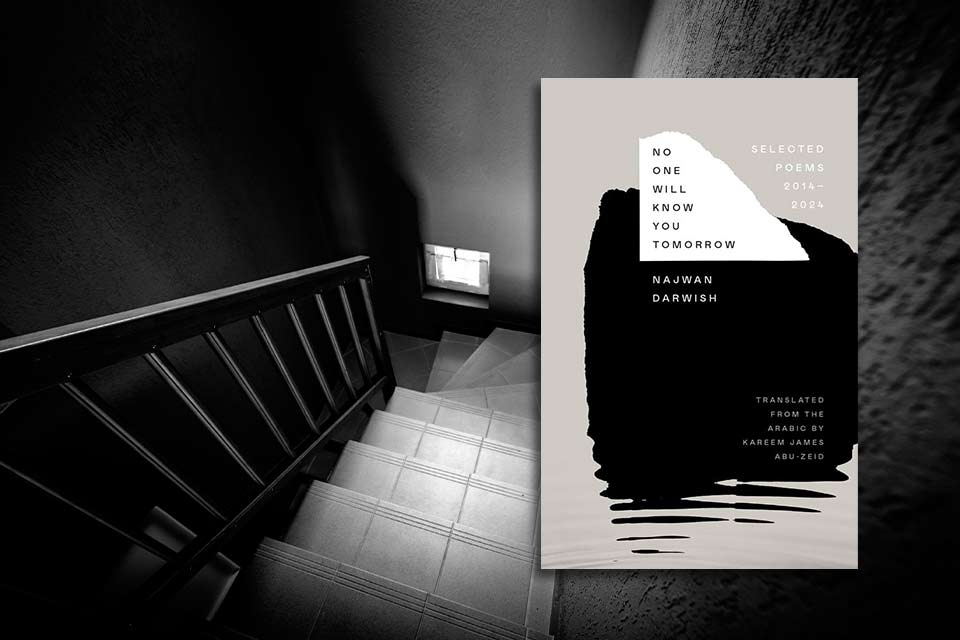
A Visitor from Hell
A resident of Hell, I’ve been sitting here,
Lord,
for years.
Do I not deserve
to be a citizen?
How is it that even in Hell
the homes have owners collecting rent
and tenants being evicted?
We used to think that Hell
meant being stable, the end of displacement.
(In truth, we imagined it as a prison
with no NGOs to decry the acts of torture,
where the angels were executioners
immune from all accountability.)
But here we are now, and there’s none of that.
Who would believe that even in Hell
I’d be sitting here, my hand on my cheek,
waiting for salvation?
* * *
Heaven and Hell,
I lived them both so many times,
until Heaven was no longer Heaven,
Hell no longer Hell.
I grew weary of walking in the Barzakh,
yesterday I imagined it as a dark shore
while I plunged, barefoot,
into the hollowest of waves,
carrying sandals
for the days beyond the Barzakh.
The sea was a marvel of darkness,
and I was like a man facing his fate
with sandals in his hands.
* * *
Tonight I can’t find the courage
to go down to the Barzakh.
Better to sleep, I told myself,
and visit my dead family—
they’re the only ones now
who might open their doors
to a visitor from Hell.
This Darkness
A sentence about this darkness in which I lived
and from whose solid stones I built my days.
I kept on climbing
until I myself became the darkness.
The Last Mask
I haven’t found it
yet:
the writing that liberates,
that I once grabbed hold of
while stumbling in those suburbs,
that resembles passion
and youth
and the delights of the flesh
in the way it surprises.
I haven’t found it
and maybe I’ll stop looking,
for I’m busy with trifles,
and my knife is dull, and I keep pretending
I have no time to sharpen it.
Time put on its masks
and called out
from behind the newborn’s cradle,
the infant on all fours,
the child’s first steps,
the stumbling adolescent,
the misgivings of the youth,
the grown man’s despair.
Time called to me
from behind all the frail and aging promises
when it had no more masks to wear.
But now
I’ve got to crawl and walk and stumble
and chase down my misgivings
and lay myself in the coffin
in advance of all the promises.
The last mask is in my hands
and I will wear it now.
A Long Scar
You sit in time’s haggard furrow,
a furrow devoid of hope, prostrate,
like a long scar on God’s eternal face.
You sit while hope crumbles behind you in
haphazard flames,
while the countries fall, one after the other, behind
a tyrant,
while the tyrants fall, one after the other, behind
the countries—
they fall like raindrops on a marsh.
You lie in the slender furrow,
while the earth crumbles behind you,
a long scar on God’s eternal face.
Translations from the Arabic
Editorial note: From Weary of Walking in the Barzakh, in No One Will Know You Tomorrow: Selected Poems, 2014–2024, published in the Margellos World Republic of Letters series by Yale University Press in November 2024. Copyright © by Najwan Darwish, English translation © by Kareem James Abu-Zeid. Published by arrangement with the publisher.
Three poems by Darwish in Abu-Zeid’s translation appeared in the “Palestine Voices” issue of WLT (Summer 2021). Two of those poems, “I Write the Land” and “The Shelling Ended,” are reprinted in No One Will Know You Tomorrow.



